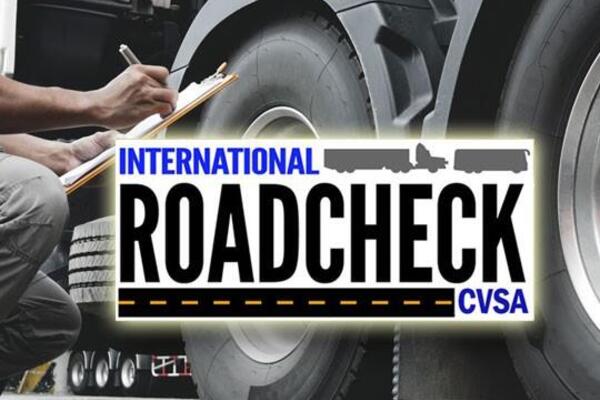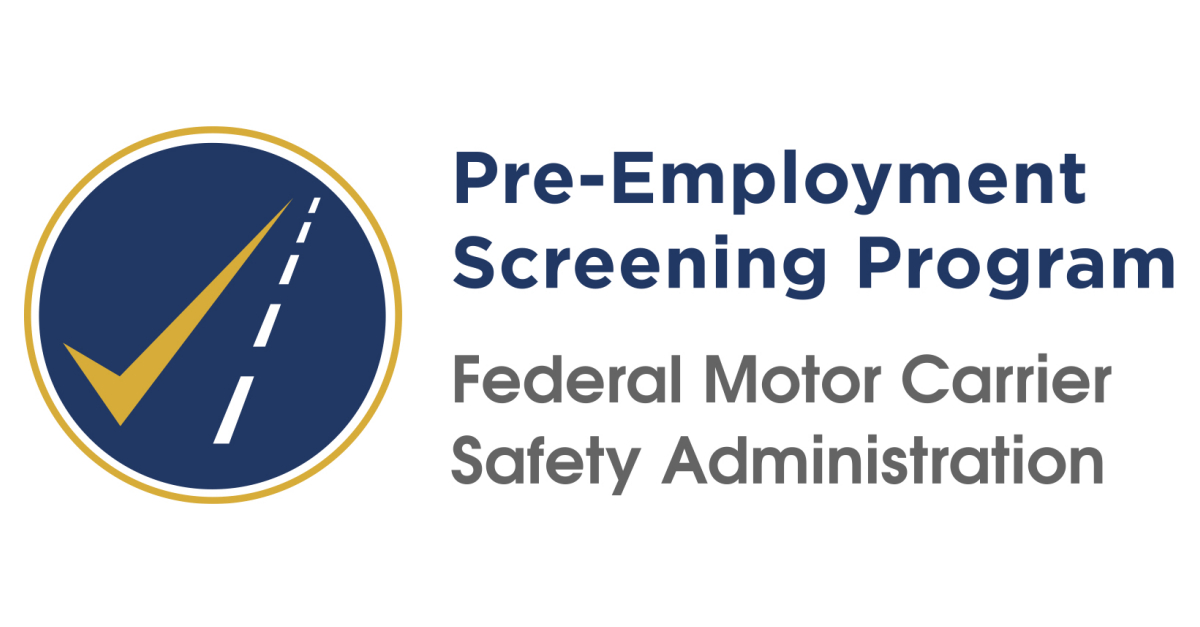International Roadcheck is Next Week with Emphasis on Wheel Ends
Roadcheck is a 72-hour high-visibility, high-volume commercial motor vehicle inspection, and enforcement initiative. Commercial motor vehicle inspectors in Canada, Mexico, and the U.S. will conduct North American Standard Inspections of commercial motor vehicles and drivers at weigh and inspection stations, on roving patrols, and at temporary inspection sites.
During the 72-hour Blitz period, commercial motor vehicle inspectors in jurisdictions throughout North America will conduct inspections of commercial motor vehicles and drivers. This year’s focus is on Wheel Ends. This is the largest enforcement program on commercial vehicles. Vehicles that successfully pass a North American Standard Level I or Level V Inspection without any critical vehicle inspection item violations may receive a CVSA decal. In general, a vehicle with a valid CVSA decal will not be re-inspected during the three months while the decal is valid. Instead, inspectors will focus their efforts on vehicles without a valid CVSA decal.
“Wheel end components support the heavy loads carried by commercial motor vehicles, maintain stability and control, and are critical for braking. Violations involving wheel-end components historically account for about one-quarter of the vehicle out-of-service violations discovered during International Roadcheck, and past International Roadcheck data routinely identified wheel-end components as a top 10 vehicle violation," CVSA officials said in a press release. Reference: https://www.cvsa.org/news/2022-roadcheck/
What the carrier enforcement officers will specifically be looking for regarding wheel ends:
- Cracks or unseated locking rings, studs, or clamps
- Bent, cracked, or broken rims on the inside and outside of wheel rims
- Loose, broken, missing, or damaged wheel fasteners
- Lubricant leaks, missing caps, or plugs
- Leaks in the inner wheel seal and/or the tire and valve stem
- Proper inflation on all tires
Cross Referencing of Data Can Pay Off in a Big Way!
In a world now where we receive more data than ever before, it is important to not only read the data you receive but in certain situations to “cross-reference” with other data you already have on file. By “cross-referencing” the data you can validate the accuracy of the data in question as well as determine if you indeed have all of the data needed. For those of you who are responsible for compliance with the FMCSA regulations “cross-referencing” of data should be a common occurrence in your safety program. Below I have listed some data that is “cross-referenced”.
- Pre-Employment Screening Report (PSP) with a CMV driver's Application. The PSP report provides the name of the past employers of a driver who incurred moving violations, roadside inspections, and reportable crashes. These employers should have been placed on the application as previous employers by the driver applicant. www.psp.fmcsa.dot.gov
- Hours of Service records cross-referenced to CSA SMS information for accuracy showing a roadside inspection, crashes, moving violations, etc. logged as “On Duty” time on the log.
- Accident Register CFR 390.15 cross-referenced with the CSA SMS Crash Basic information to make sure all recordable crashes are logged on the register.
- Moving violations on the CSA SMS with a driver’s Certification of Violation form CFR 391.27 is required to be completed annually.
- Annual motor vehicle record CFR 391.25 with the Certification of Violation Form CFR 391.27
- Daily Vehicle Inspection Reports DVIR CFR 396.11 with CSA SMS Maintenance Basic violations to see if the driver noted the violation during a pre-post trip inspection on their DVIR.
- CSA SMS inspection information (click on relevant inspections to see all inspections) and compare with copies of roadside inspections provided by your drivers to make sure you have copies of all the inspections in the last 12 months as required by CFR 396.9.
- Supporting documentation such as fuel receipts, toll tickets, and GPS records compared to Hours of Service (logs)
Are you using the FMCSA PSP Screening Program?
The Pre-Employment Screening Program (PSP) is a screening tool that allows motor carriers and individual drivers to purchase driving records from the Federal Motor Carrier Safety Administration’s (FMCSA) Motor Carrier Management Information System (MCMIS). Records are available 24 hours a day via the PSP website.
Motor Carriers and drivers can enroll in the PSP program by going to the FMCSA PSP website link: https://www.psp.fmcsa.dot.gov/psp/Public









